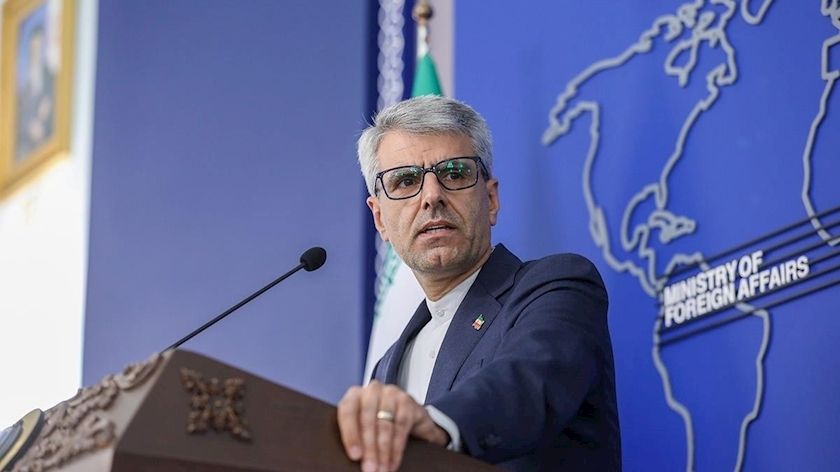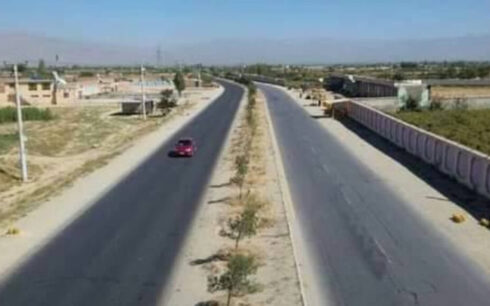TEHRAN — Iran has reiterated its commitment to protecting its water rights from the Helmand River, with the Foreign Ministry vowing to use “all tools” to ensure Afghanistan fulfills its obligations under a decades-old treaty.
Esmaeil Baghaei, the spokesperson for the Iranian Foreign Ministry, said on Monday that the government is actively pursuing the matter through diplomatic channels.
“The Ministry of Foreign Affairs, as the authority responsible for the country’s diplomacy, has consistently pursued the issue of securing Iran’s water rights from shared and border rivers as a fixed agenda,” Mr. Baghaei said during a press conference.
He noted that Iran’s concerns over Afghanistan’s management of shared waterways, including the Harirud River, date back to 2010 and remain unresolved despite repeated efforts. “This matter remains a consistent priority for us,” he said.
A Historical Dispute
At the heart of the dispute is the 1973 Helmand River Treaty, which grants Iran the right to an annual average of 820 million cubic meters of water from the river. The Helmand, originating in the Hindu Kush mountains near Kabul, stretches approximately 700 miles before flowing south into Iran’s Sistan and Baluchistan province, a region heavily reliant on the river for agriculture and drinking water.
Mr. Baghaei stressed that Iran expects Afghanistan to honor the agreement, emphasizing that “the waters flowing from Afghanistan to Iran establish mutual rights for both sides.” He also called on Afghan authorities to act in accordance with “the law and principles of good neighborliness.”
Diplomatic Engagement
In response to growing concerns, Iran’s embassy in Afghanistan has taken an active role in addressing the issue, with senior diplomats closely monitoring developments. “The Embassy of the Islamic Republic of Iran in Afghanistan is active, and the head of the embassy is personally following up on this issue,” Mr. Baghaei said.
He underscored that Iran will not hesitate to leverage its full range of diplomatic tools to protect its water rights. “We are utilizing all available tools to address this matter,” he said.
The Helmand River has long been a source of tension between the two neighbors, particularly as water scarcity becomes an increasingly pressing issue across the region. Experts warn that disputes over transboundary rivers are likely to intensify as climate change exacerbates droughts and reduces water supplies.
Looking Ahead
While Mr. Baghaei refrained from outlining specific measures Iran might take if Afghanistan fails to comply, his remarks reflect Tehran’s mounting frustration. The issue, he said, is not only a matter of legal obligation but also of regional stability and mutual cooperation.
“We have an agreement,” he said. “We expect Afghan officials to take this matter seriously.”
As water resources in the region face mounting pressure, the ability of both countries to find common ground will be critical in preventing further escalation of tensions.





